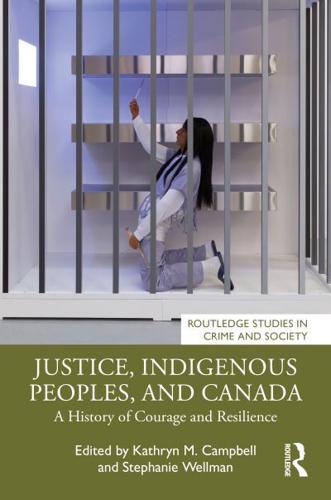Publisher's Synopsis
Justice, Indigenous Peoples, and Canada: A History of Courage and Resilience brings together the work of a number of leading researchers to provide a broad overview of criminal justice issues that Indigenous people in Canada have faced historically and continue to face today. Both Indigenous and Canadian scholars situate current issues of justice for Indigenous peoples, broadly defined, within the context of historical realities and ongoing developments.
By examining how justice is defined, both from within Indigenous communities and outside of them, this volume examines the force of Constitutional reform and subsequent case law on Indigenous rights historically and in contemporary contexts. It then expands the discussion to include theoretical considerations, particularly settler colonialism, that help explain how ongoing oppressive and assimilationist agendas continue to affect how so-called "justice" is administered. From a critical perspective, the book examines the operation of the criminal justice system, through bail, specialized courts, policing, sentencing, incarceration and release. It explores legal frameworks as well as current issues that have significantly affected Indigenous peoples, such as the Truth and Reconciliation Commission, the Inquiry into Missing and Murdered Indigenous Women and Girls, human rights, resurgence and identity. This unique collection of perspectives exposes the disconcerting agenda of historical and modern-day Canadian federal government policy and the continued denial of Indigenous rights to self-determination. It is essential reading for those interested in the struggles of the Indigenous peoples in Canada as well as anyone studying race, crime and justice.










